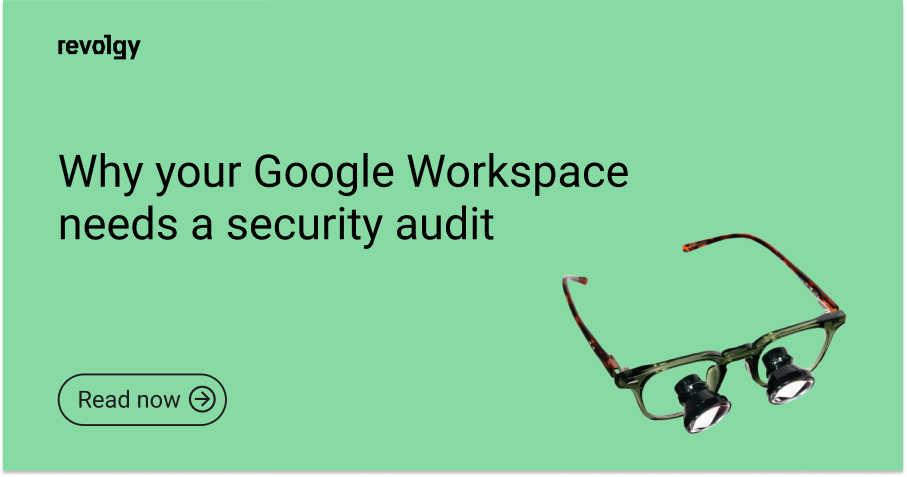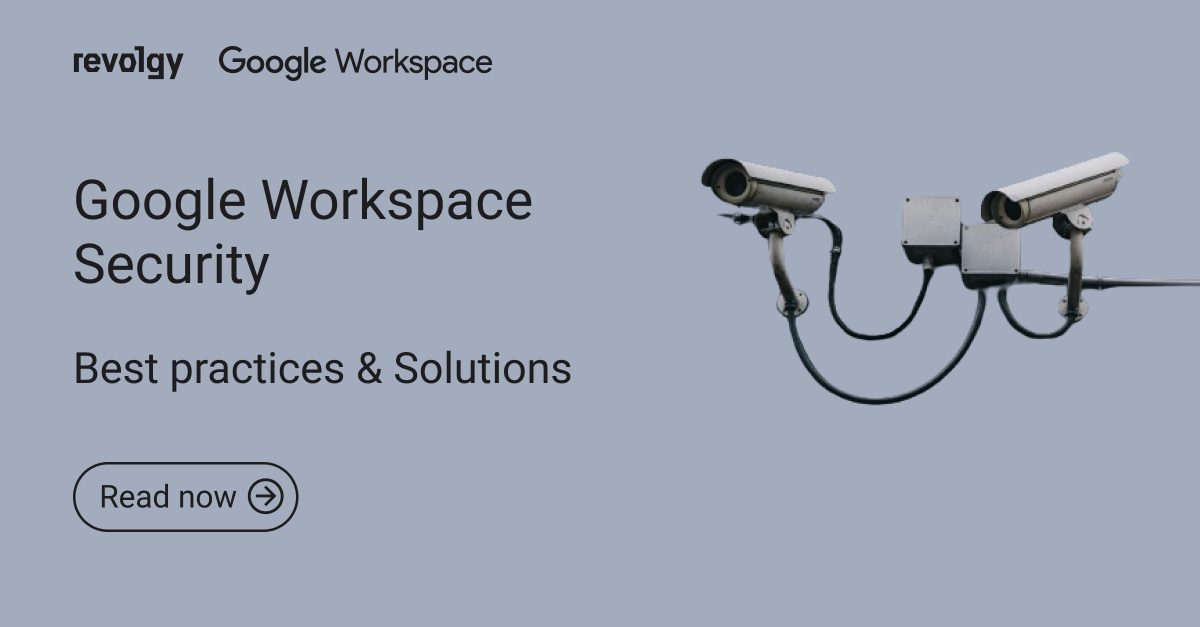Google Workspace
Hidden risks of uncontrolled third-party apps in your Google Workspace
Many businesses use third-party apps to boost the functionality of platforms like Google Workspace. While these apps can be helpful, they can also pose security risks if not managed correctly. They might access sensitive data, spread malware, or disrupt your operations.
Understanding access levels
Every third-party app requires different access levels to function effectively. Safer applications may only need basic information like your name and email address, while others might demand access to your Drive files. Some apps even request read/write permissions on admin accounts, which can be particularly dangerous if misused.
The key is to understand what each application needs. Google-verified apps offer a baseline level of trust, as they have undergone some security scrutiny. Prioritizing installations from the Google Workspace Marketplace can minimize risks since Google vets these applications to a certain degree, providing some security assurance compared to unverified apps found elsewhere on the web.
The Google Workspace Marketplace offers over 5,000 third-party apps to enhance services like Gmail, Drive, Docs, and Calendar, covering categories like business tools, document management, and customer relationship management.
The danger of excessive permissions
Granting excessive permissions to third-party apps is a major risk. With potentially hundreds of apps in use within an organization, it’s easy to lose track of them. An app with overly broad access rights can misuse your data, leading to great harm.
Many companies lack a central list or control over third-party apps, meaning some may be forgotten, leaving their access unchecked. Understanding the permissions granted to each app is essential, and it’s important to weigh the risks associated with broader access levels.
Understanding how apps access data
Third-party apps use authorization protocols like OAuth and OpenID Connect to gain access to your data. These protocols let users grant apps access without sharing their login details, like usernames and passwords. While these protocols manage who can access the data, they don’t control what specific data can be accessed.
That’s where API scopes come in. Scopes specify the data and actions an app can access. For example, a calendar app might request the calendar.readonly scope to view events but not change them. It’s important to understand these scopes to ensure apps only access the data they need.
However, malicious apps can misuse these access points to steal data. They might use techniques like reverse engineering to find vulnerabilities in app code. Additionally, some apps might abuse APIs by accessing data beyond their authorized scopes. This is why strong encryption is essential to protect data at all times, as weak encryption makes it easier for attackers to intercept and decrypt sensitive information.
Risks of uncontrolled third-party apps
Ignoring the risks posed by uncontrolled third-party apps can have severe repercussions. Data breaches, malware infections, and reputational damage are just some of the potential consequences.
Data leaks
Unverified apps can access sensitive data and leak it, exposing customer information, financial records, or confidential business plans. This can damage your company’s reputation, result in financial losses, and lead to legal trouble.
Malware and security breaches
Some apps may bring malware into your systems, compromising security. Malware can disrupt operations, corrupt files, and provide unauthorized access to sensitive information, leading to costly repairs and lost trust from customers and partners.
Phishing and social engineering
Apps with too much access can help criminals launch phishing attacks. They can use the data to send convincing fake emails, tricking employees into revealing passwords or other sensitive information.
Unauthorized data handling
Apps might misuse your data by sharing it with third parties or using it for unauthorized purposes. This can violate privacy policies and regulatory requirements, putting your organization at risk.
Reputational damage
If third-party apps misuse or leak data, it can harm your company’s reputation. Customers may lose trust in your ability to protect their information, leading to lost business and negative media coverage.
Increased burden on IT teams
Dealing with security issues from third-party apps can overwhelm IT teams. They may need to spend time fixing problems and implementing new security measures, taking resources away from other important projects.
Facebook-Cambridge Analytica data scandal
In 2018, the Facebook-Cambridge Analytica scandal revealed how a third-party app misused data from millions of Facebook users.
The app “This Is Your Digital Life” collected data from users and their friends, affecting up to 87 million people. This data was used by Cambridge Analytica to influence elections, including the 2016 U.S. presidential election and the Brexit vote, without users' consent. The scandal highlighted the risks of allowing apps to access too much personal data.
As a result, Facebook was fined $5 billion by the U.S. Federal Trade Commission and faced global scrutiny. Facebook tightened its data-sharing policies to prevent similar breaches. The scandal also led to the shutdown of Cambridge Analytica. This incident underscores the need for companies to have strict data controls and ensure users know how their data is being used.
Best practices for managing third-party apps
To protect your organization from the dangers of uncontrolled third-party apps, consider these essential steps:
- Prioritize app verification: Opt for apps from trusted sources like the Google Workspace Marketplace. These apps undergo a certain level of security scrutiny, providing a baseline level of trust.
- Limit permissions: Carefully evaluate each app’s request for permissions. Grant only the necessary access to protect your sensitive data.
- Maintain an app inventory: Create and manage a central list of approved third-party apps. This provides better visibility and control over your app ecosystem.
- Restrict user access: Implement policies that limit employees’ ability to install and connect to unauthorized apps.
Third-party apps can boost productivity in Google Workspace, but they also pose security risks if not managed properly. Understanding app permissions and access is crucial to protect sensitive data.
Did you know that Revolgy can help you assess the standing of your Google Workspace security? We offer an expert audit of your environment and can help you secure it so you never have to worry about security gaps again. Contact us today for a free consultation with our Workspace experts.
Download our free guide on the Essentials of Google Workspace security.



